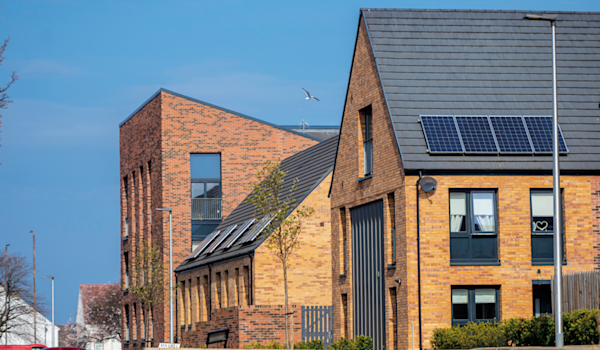Use your voice to end the housing emergency
Shelter Scotland exists to defend the right to a safe home.
Join our campaign to fight for home and end the devastating impact the housing emergency has on our communities.
Together, we stand with people facing homelessness, we expose our broken system, and defend those hit hardest by the housing emergency.
Ready to join our movement?
What is Scotland's housing emergency?
41 children become homeless every day in Scotland
10,180 children are trapped in temporary accommodation
109,000 households are stuck on waiting lists for a social home
*Source: Scottish Government (Homelessness in Scotland: update to 30 September 2024) and Scottish Household Survey 2023, published December 2024.
The housing emergency affects all of us
Scotland’s housing system is broken and we're all paying the price.
Rent costs are rising. Young people can’t afford to move out. Key workers are being priced out of the communities they serve. Families are forced to go without essentials.
This is the cost of a social housing shortage - and it’s a cost we can no longer afford.
Tell the government to build more social homesScotland's next government must take action
In May 2026, Scotland goes to the polls.
We don't need another lost parliament which fails to tackle the worsening housing emergency.
Read our demands for the 2026 election

Have you been affected by the housing emergency?
Have you, or someone you know, experienced Scotland's broken and biased housing system?
Your voice and story have the power to influence real change and pile on the pressure for urgent action.
Email your MSP and share your experience

